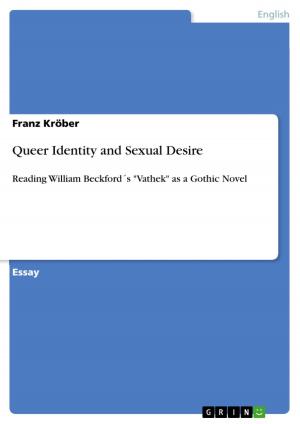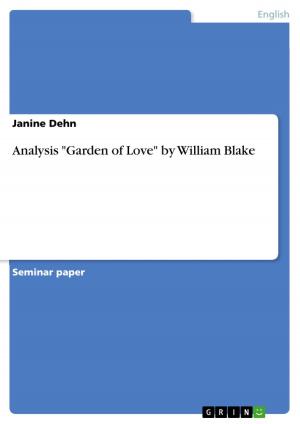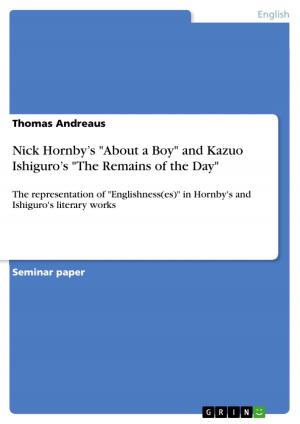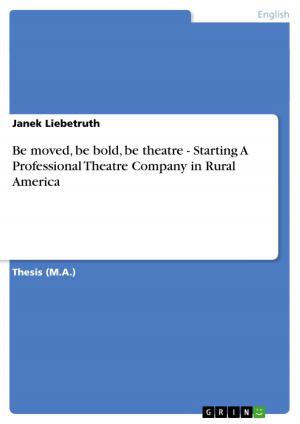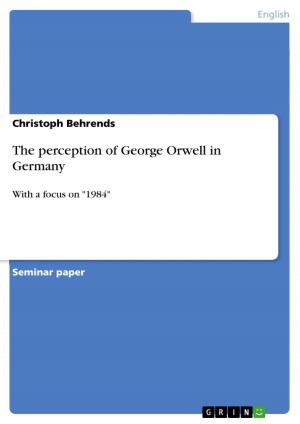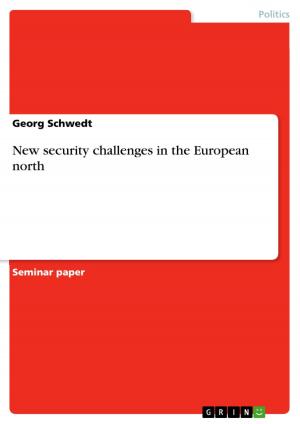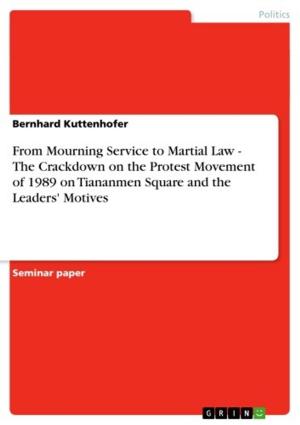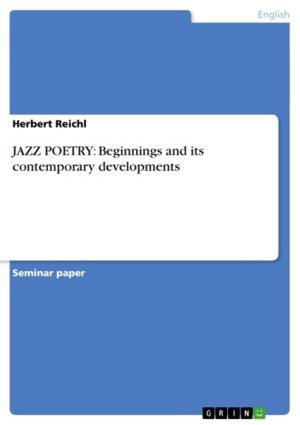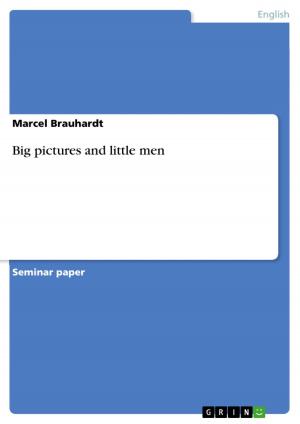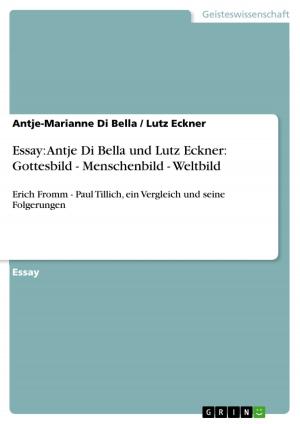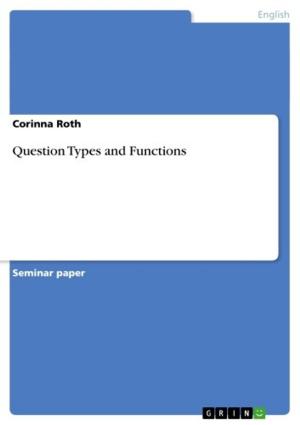| Author: | Maria Nitsche | ISBN: | 9783638340427 |
| Publisher: | GRIN Publishing | Publication: | January 19, 2005 |
| Imprint: | GRIN Publishing | Language: | English |
| Author: | Maria Nitsche |
| ISBN: | 9783638340427 |
| Publisher: | GRIN Publishing |
| Publication: | January 19, 2005 |
| Imprint: | GRIN Publishing |
| Language: | English |
Seminar paper from the year 2002 in the subject Interpreting / Translating , grade: 1,7, University of Heidelberg (Institut für Übersetzen und Dolmetschen Heidelberg), course: Britain Today: Social and Cultural Dimensions, 11 entries in the bibliography, language: English, abstract: Despite the fact that the influence of TV and radio rose in recent years the press is still one of the most important media for information. In Britain more than 16 million national newspapers are sold every day (disregarding regional as well as international papers). Thus the press reaches at least 40 million people and plays an important role in forming public and political opinion. Because of its considerable influence in public affairs it is considered to be an instrument for controlling the government. That is why the press is often called the '4th Estate'. In Britain the press can be divided into different groups: Dailies and Sundays, Regionals and Nationals, Qualities and Populars. The difference between the quality and popular newspapers is basically obvious in style and conte nts. I will focus on the national, daily Populars in the following.
Seminar paper from the year 2002 in the subject Interpreting / Translating , grade: 1,7, University of Heidelberg (Institut für Übersetzen und Dolmetschen Heidelberg), course: Britain Today: Social and Cultural Dimensions, 11 entries in the bibliography, language: English, abstract: Despite the fact that the influence of TV and radio rose in recent years the press is still one of the most important media for information. In Britain more than 16 million national newspapers are sold every day (disregarding regional as well as international papers). Thus the press reaches at least 40 million people and plays an important role in forming public and political opinion. Because of its considerable influence in public affairs it is considered to be an instrument for controlling the government. That is why the press is often called the '4th Estate'. In Britain the press can be divided into different groups: Dailies and Sundays, Regionals and Nationals, Qualities and Populars. The difference between the quality and popular newspapers is basically obvious in style and conte nts. I will focus on the national, daily Populars in the following.

